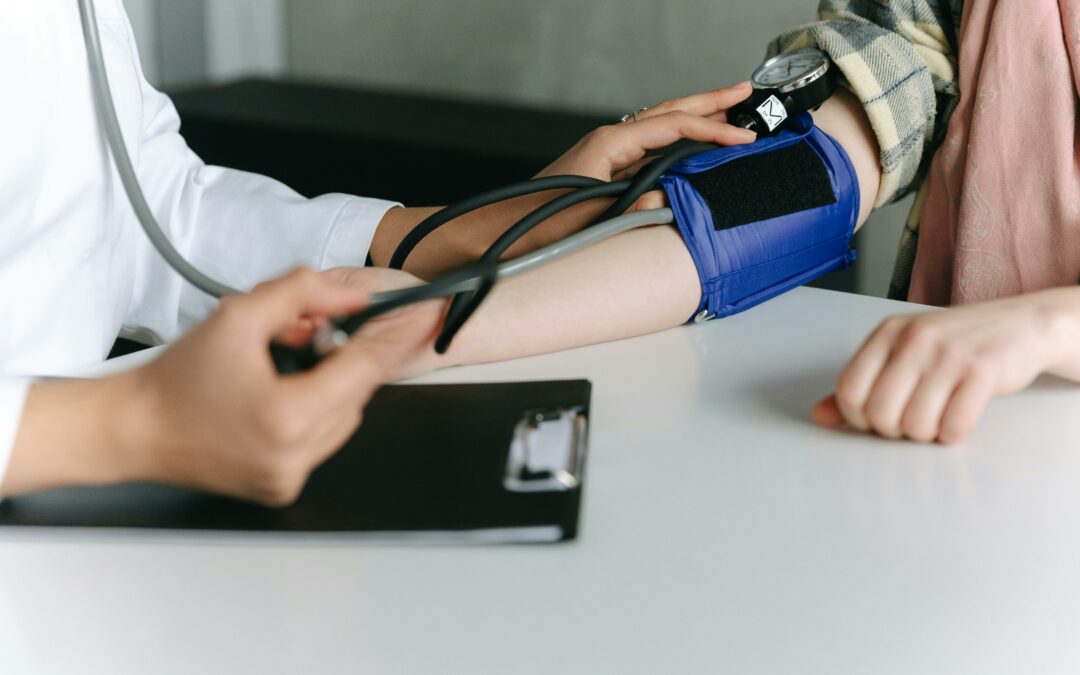Hypertension, better known as high blood pressure, is something nearly half of all adults in the U.S. live with. What’s surprising is that about one in five of those individuals are told they can manage it with just lifestyle changes. But when it’s left unchecked, hypertension can lead to more than just heart problems—it can impact many parts of the body in ways you might not expect.
How Hypertension Impacts Your Heart
High blood pressure takes a toll on your arteries. When it’s not managed, it can cause the walls of your arteries to stiffen, making it harder for blood to flow. This can lead to bigger issues, like aneurysms, where the arteries can actually rupture. Over time, the damage adds up, and your heart may start to show signs of strain, leading to conditions like an enlarged heart, coronary artery disease, or even heart failure.
The Connection Between High Blood Pressure and Your Kidneys
Your kidneys play a critical role in filtering your blood, removing waste, and keeping excess fluids in check. But when high blood pressure goes untreated, it can damage the tiny blood vessels in your kidneys, causing scarring (called glomerulosclerosis). As this damage builds, your kidneys can’t do their job as well, which could eventually lead to kidney failure. If you also have diabetes, the risk of kidney damage is even higher.
How Hypertension Affects Your Vision
The small blood vessels in your eyes are delicate, and high blood pressure can put a lot of strain on them. This can lead to a condition called retinopathy, where the vessels in your retinas become damaged. In some cases, this might cause blurry vision or, if it’s severe, even blindness. You might also develop optic neuropathy (nerve damage), which can also affect your eyesight. Some people experience fluid buildup under the retina, which impacts their ability to see clearly.
The Surprising Link Between Hypertension and Cognitive Health
You might not think your blood pressure has anything to do with your brain, but studies show a connection between hypertension and cognitive decline. While not every case of dementia is tied to high blood pressure, research suggests that people with elevated diastolic blood pressure, especially in their middle years, are more likely to develop vascular dementia later on. In some cases, it’s even linked to Alzheimer’s.
Taking Charge of Your Health
While there’s no permanent fix for hypertension, there’s a lot you can do to manage it and keep the symptoms in check. Simple changes—like working towards a healthy weight, eating a diet low in fat and sodium, and staying in touch with your doctor—can make a big difference in keeping your blood pressure where it should be.
Why It’s Important to Act Now
Certain people are more likely to develop hypertension due to things like age, genetics, or other health conditions. But even so, you still have a lot of control over your health. By making proactive changes now, you can prevent hypertension from getting worse and affecting other parts of your body. If you’re concerned about your blood pressure or just want to know more about managing it, talk to your Family Health Care of Siouxland physician who can guide you.


